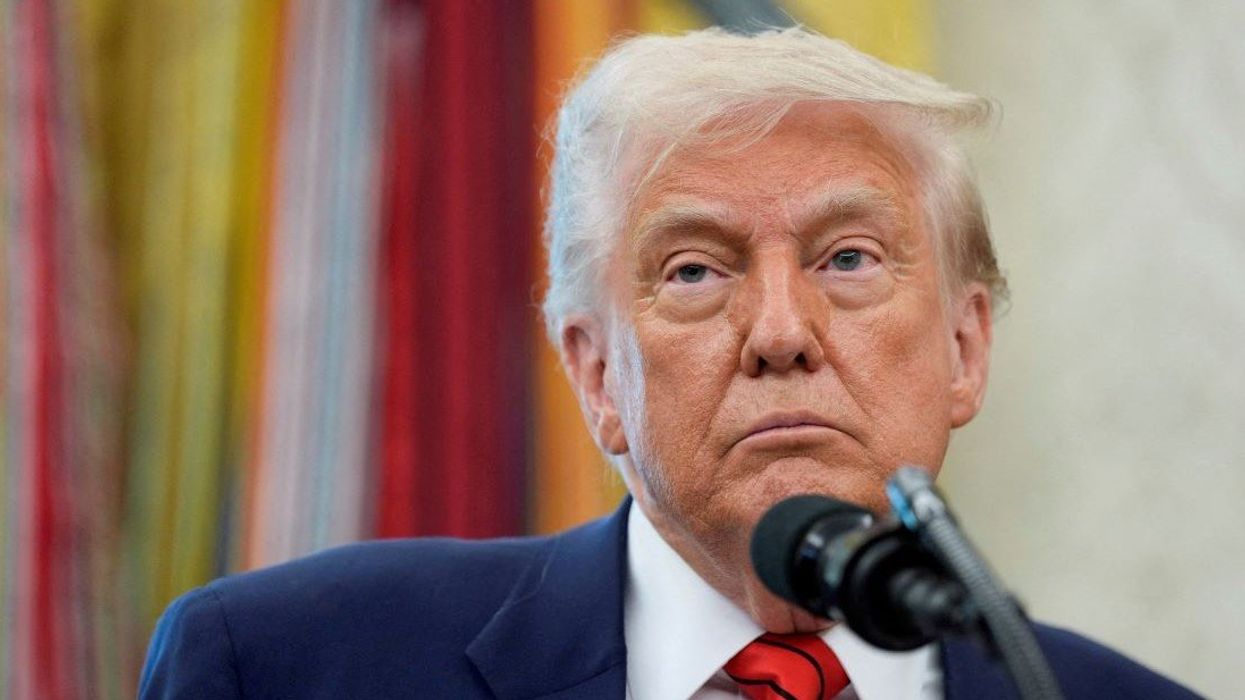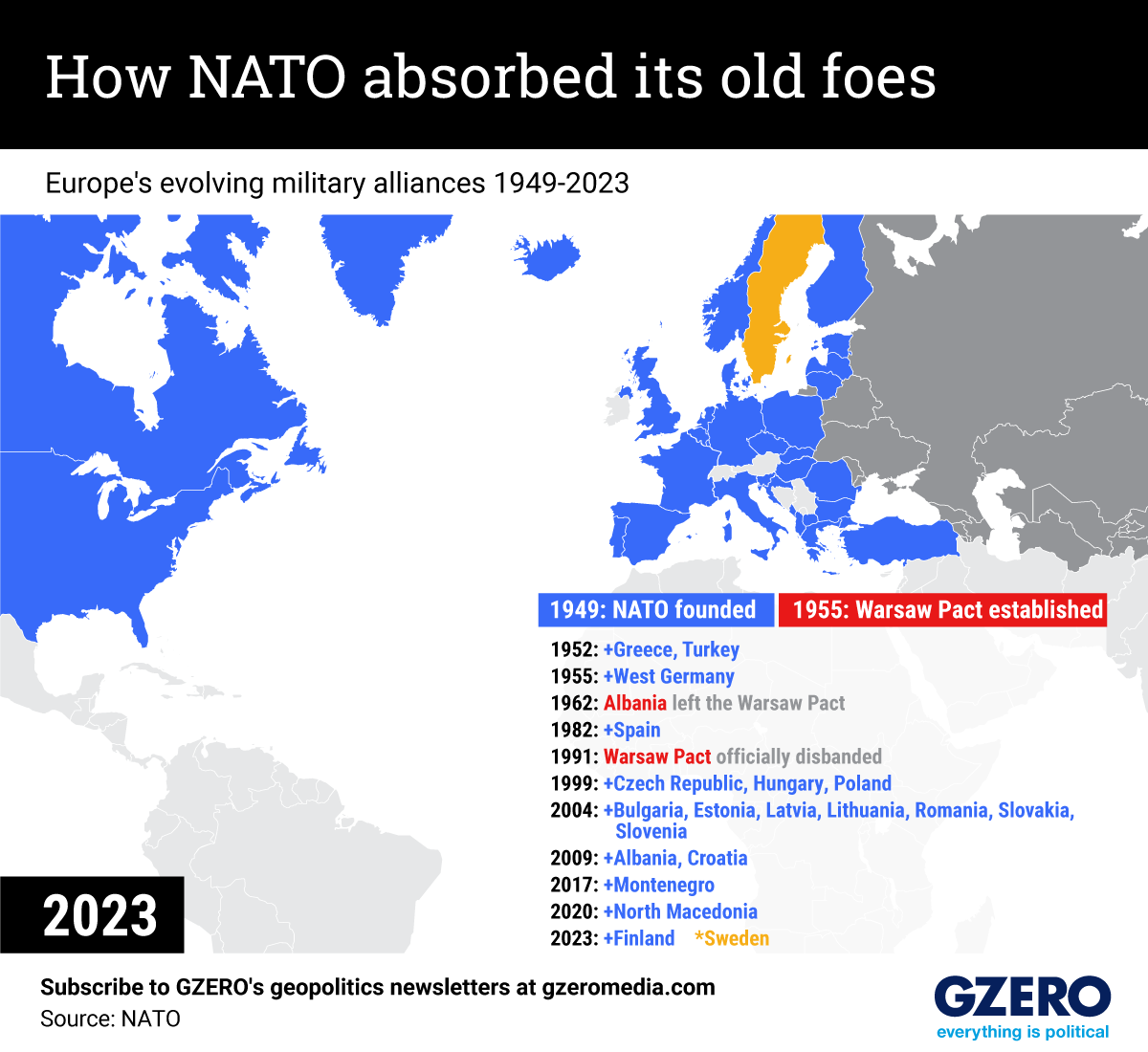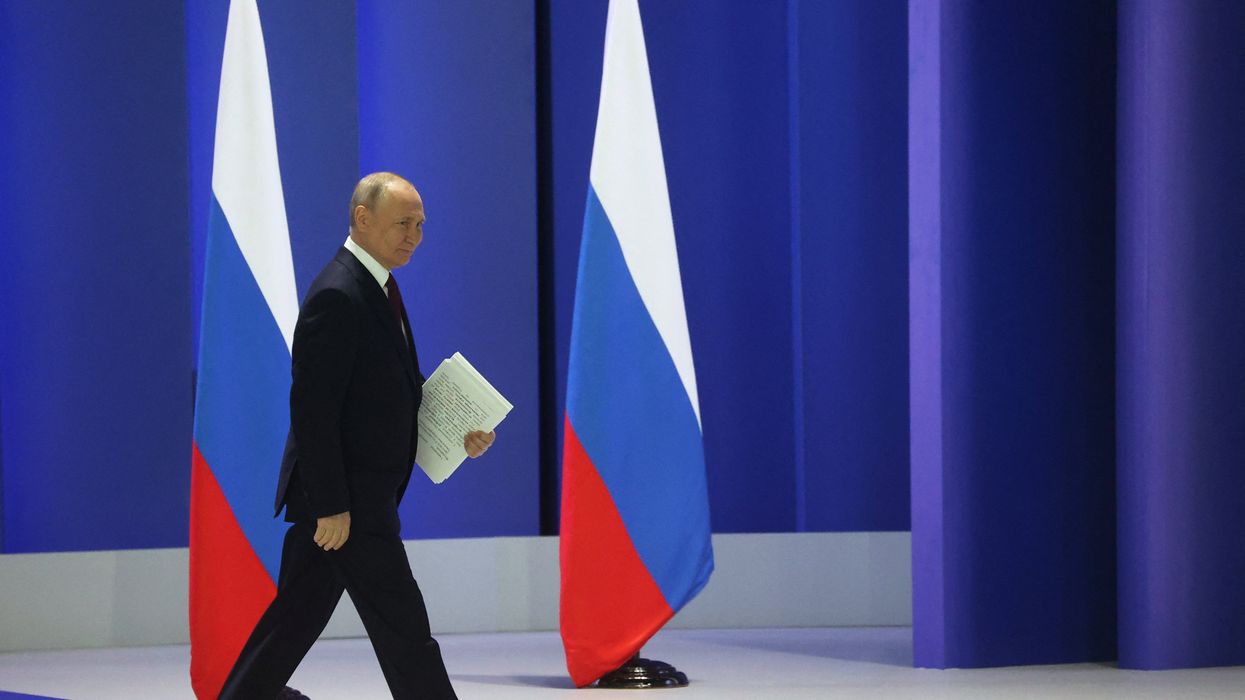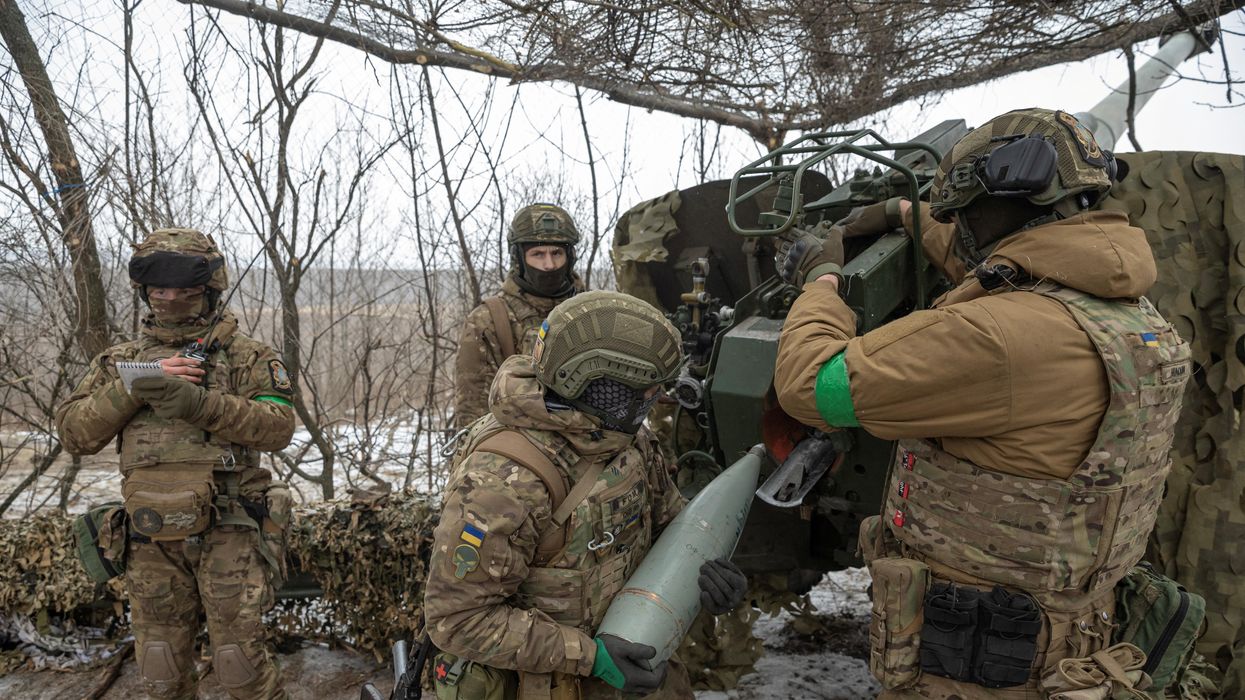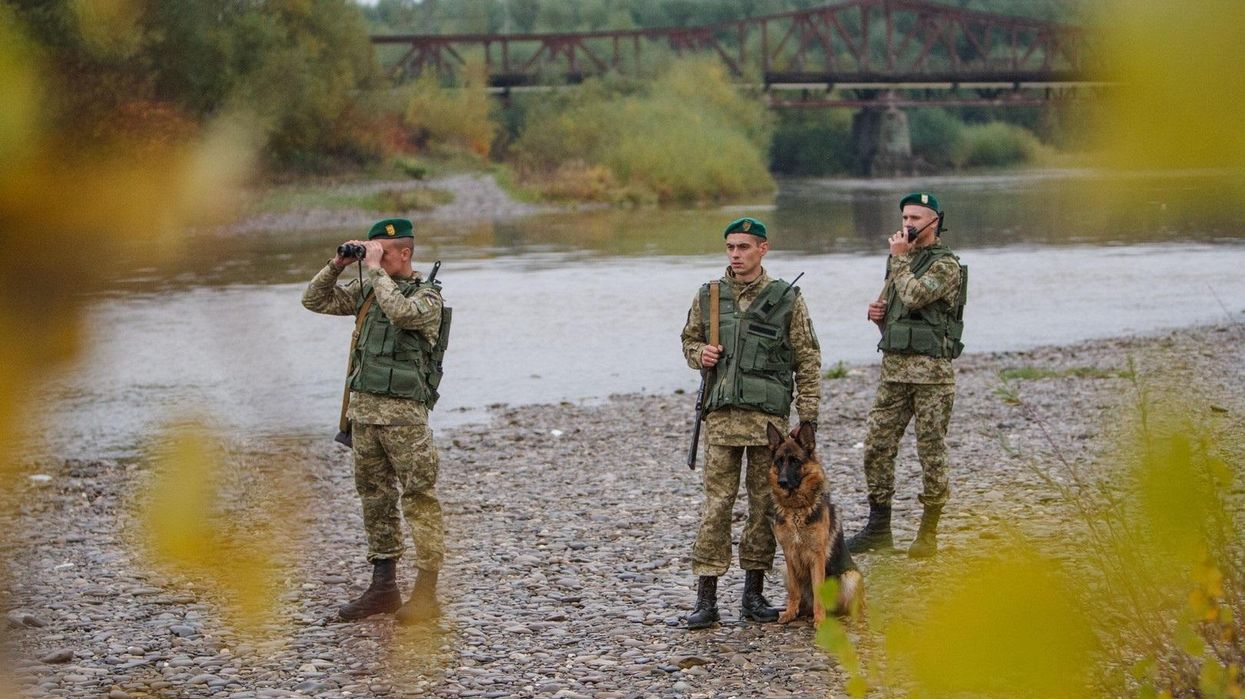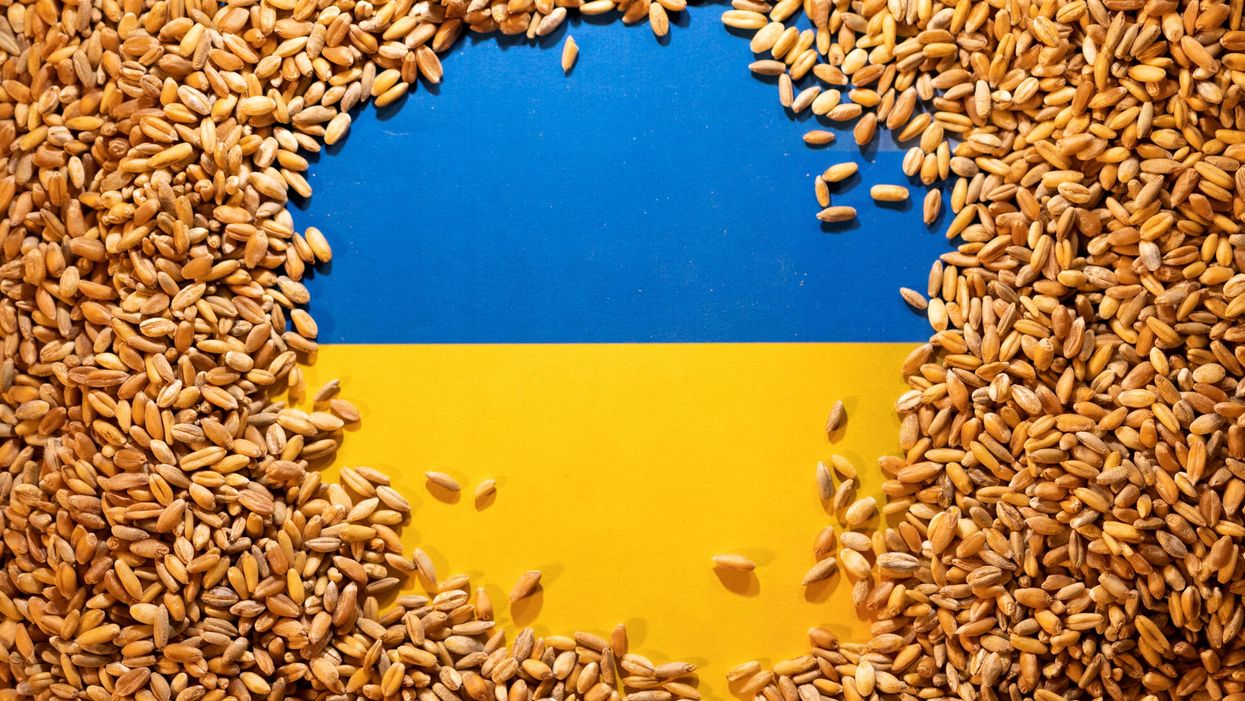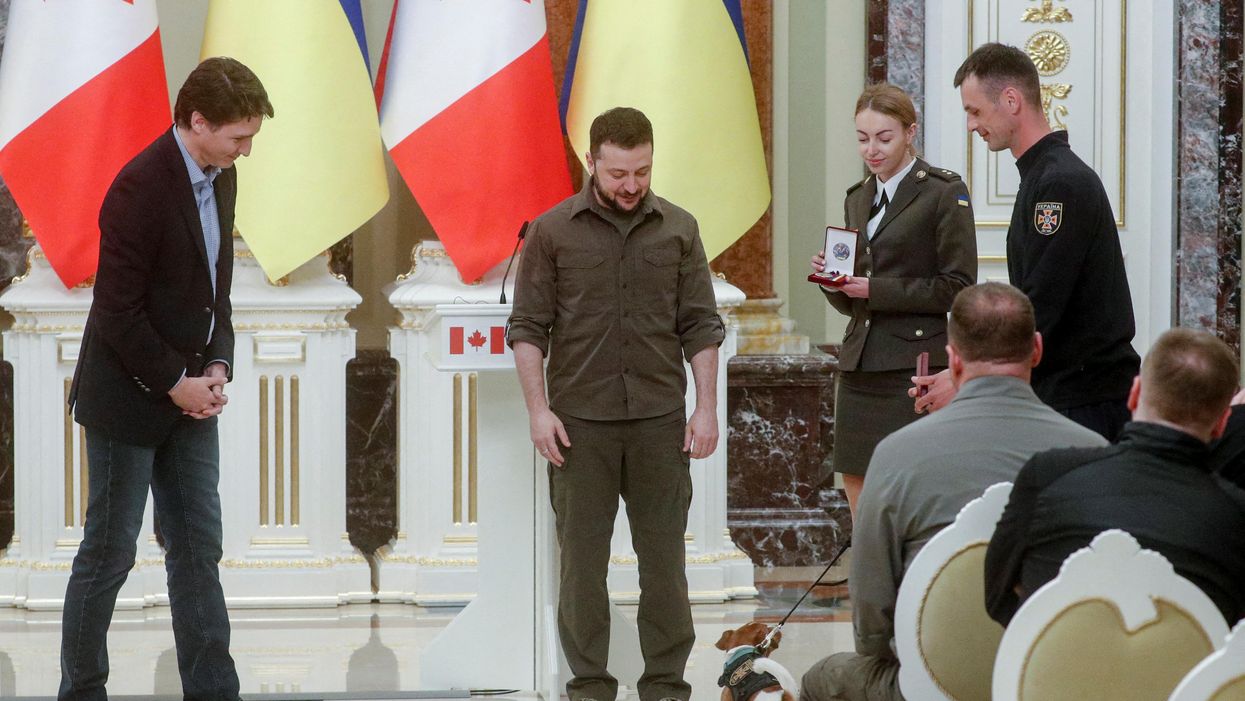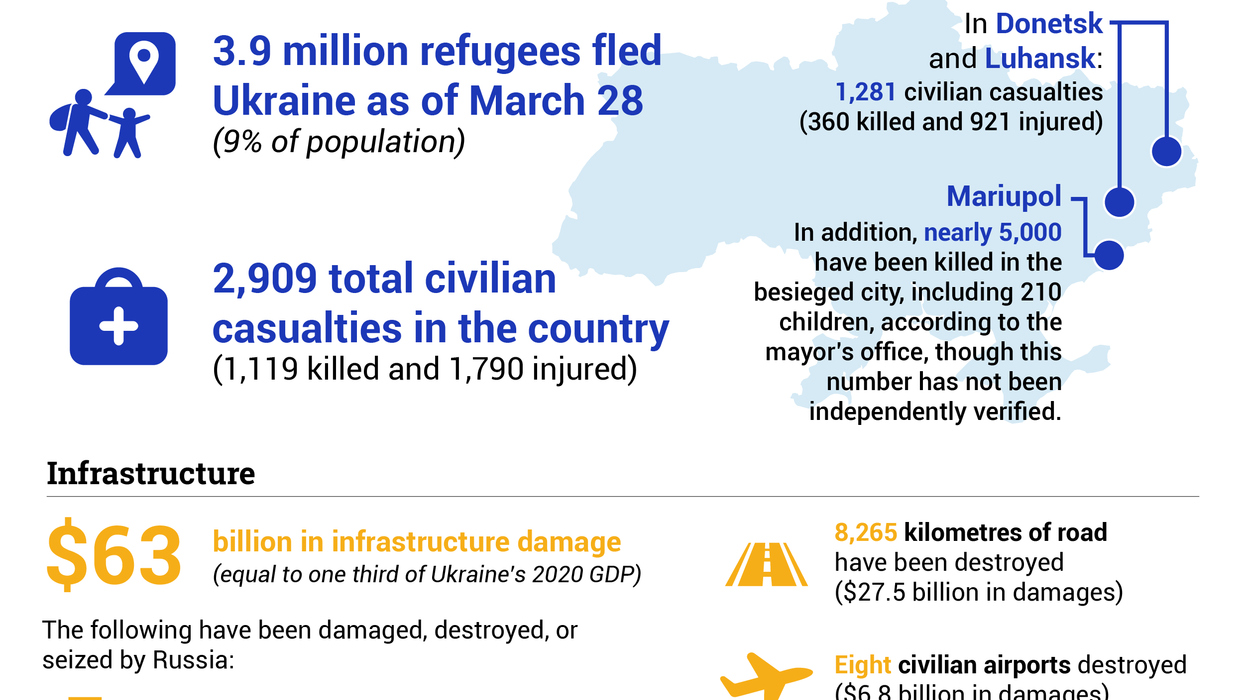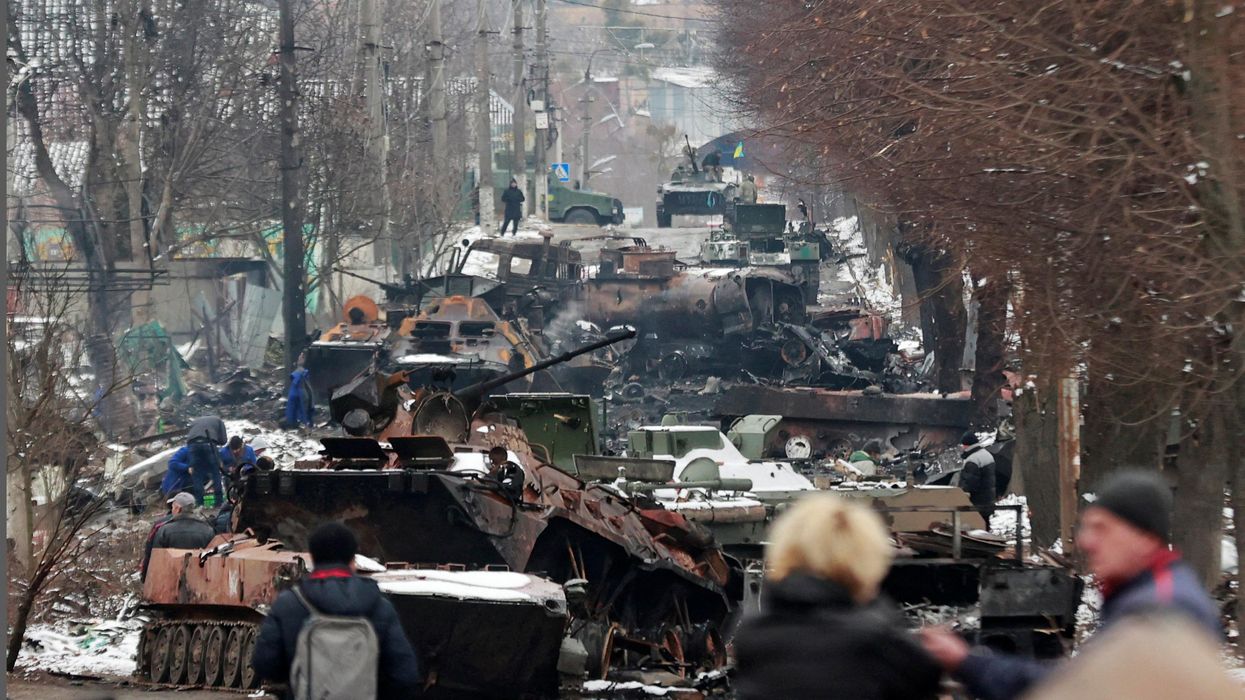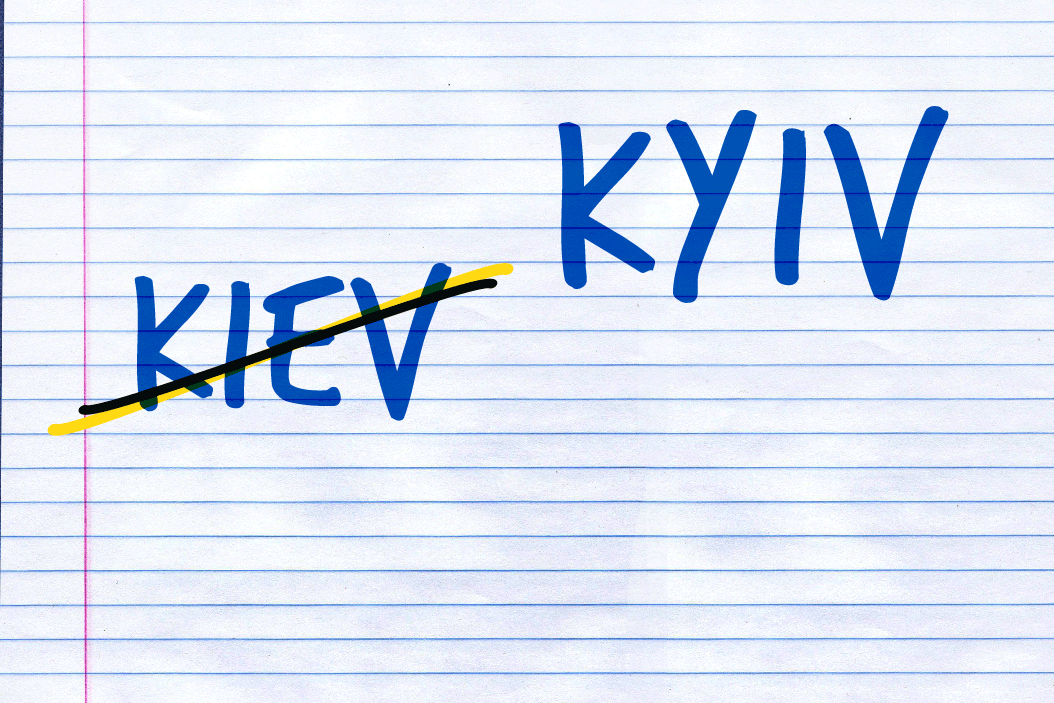Load More
VIDEOSGZERO World with Ian BremmerQuick TakePUPPET REGIMEIan ExplainsGZERO ReportsAsk IanGlobal Stage
Site Navigation
Search
Human content,
AI powered search.
Latest Stories
Sign up for GZERO Daily.
Get our latest updates and insights delivered to your inbox.
Global Stage: Live from Munich Feb 14th @12PM ET
WATCH
ukraine and russia
GZERO Daily: our free newsletter about global politics
Keep up with what’s going on around the world - and why it matters.
